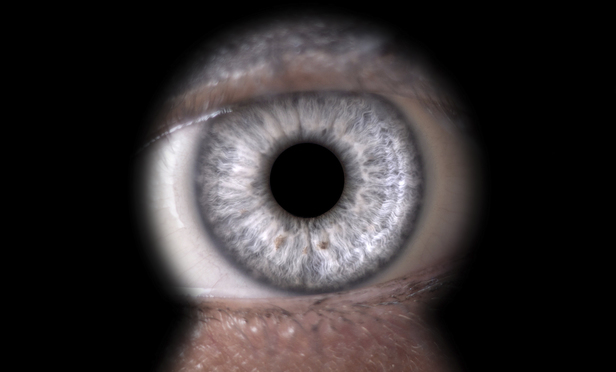Private investigators don’t do what Hollywood would have you think they do. Not legally, at least. They can’t smack people around, like Sam Spade did in The Maltese Falcon, or sneak into crime scenes, like Philip Marlowe did in the Big Sleep. As a grateful dame remarked to Dashiell Hammett’s hardboiled gumshoe, the Continental Op, he was seen as “a monster. A nice one, an especially nice one to have around when you’re in trouble, but a monster just the same.” Hammett and Chandler make for far more entertaining reading than the dry statutes and standards that licensed private investigators are obliged to abide by, and so maybe it shouldn’t be so surprising when someone in the business acts as if they were in a pulp novel.
In recent months, the online transportation network Uber has found itself the target of concerns over the employment of improper investigative techniques. A class action suit filed against its CEO, Travis Kalanick, but not the company itself, claimed that its fare-setting algorithm amounted to a price-fixing scheme, in violation of federal antitrust laws. Uber, apparently without informing outside counsel, retained a firm called Ergo to provide litigation support. Among other tactics, one of Ergo’s investigators pretended to be a journalist and called colleagues of one of the plaintiff’s attorneys to ask questions about him, ostensibly for an article about “up-and-coming labor lawyers.” Initially, Uber denied any knowledge of who was behind the calls. Later, it admitted that someone at Ergo was responsible, though they maintain that the actions were undertaken without their knowledge or consent. It was also revealed that Ergo was operating without a private investigators’ license, which is a Class B misdemeanor in New York state. Southern District Judge Jed Rakoff, who presided over the case, barred Uber and Kalanick from using any of the information obtained by Ergo in any manner in the litigation and also enjoined them from conducting further investigation using false pretenses, unlicensed investigators and illegal, fraudulent or unethical techniques. Rakoff was quick to note that, “Ergo, in investigating plaintiff, was engaged in fraudulent and arguably criminal conduct,” and that Uber’s lawyers were required by the Rules of Professional Conduct to adequately supervise Uber’s work.
This content has been archived. It is available through our partners, LexisNexis® and Bloomberg Law.
To view this content, please continue to their sites.
Not a Lexis Subscriber?
Subscribe Now
Not a Bloomberg Law Subscriber?
Subscribe Now
LexisNexis® and Bloomberg Law are third party online distributors of the broad collection of current and archived versions of ALM's legal news publications. LexisNexis® and Bloomberg Law customers are able to access and use ALM's content, including content from the National Law Journal, The American Lawyer, Legaltech News, The New York Law Journal, and Corporate Counsel, as well as other sources of legal information.
For questions call 1-877-256-2472 or contact us at [email protected]



